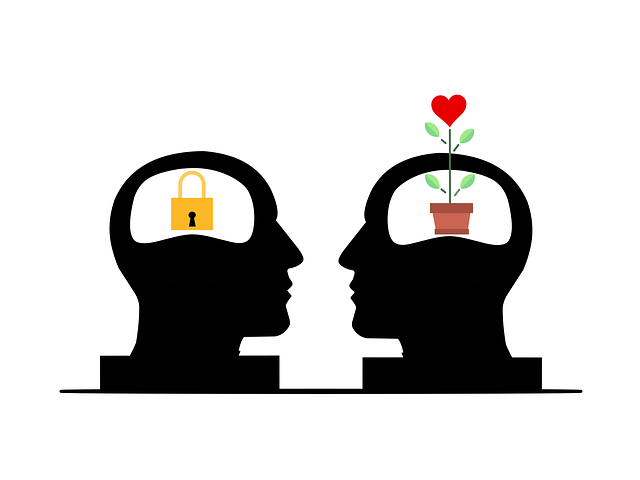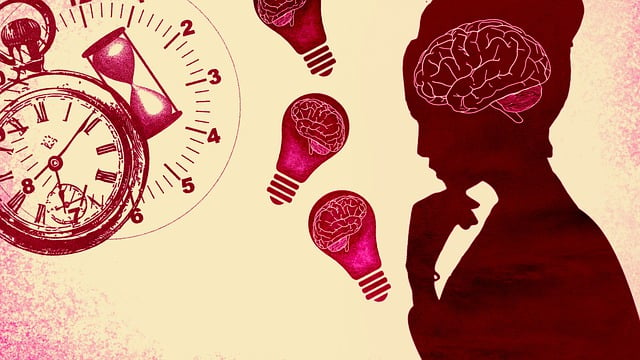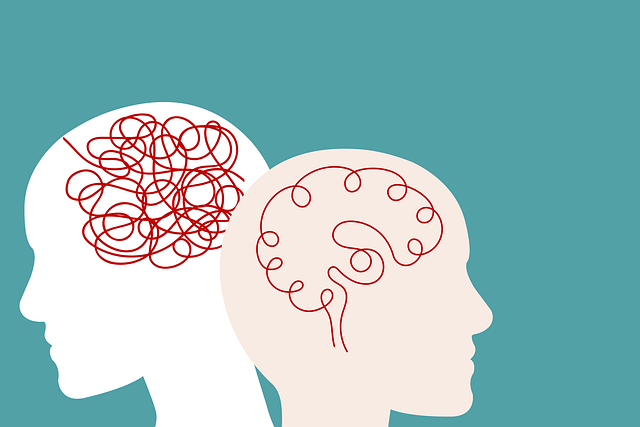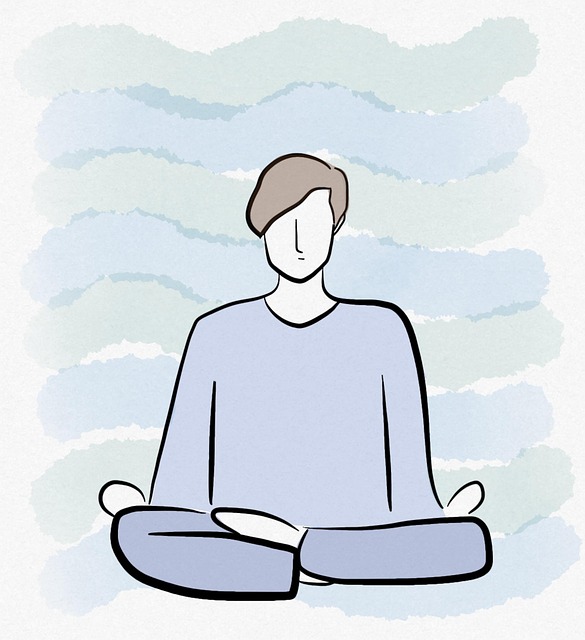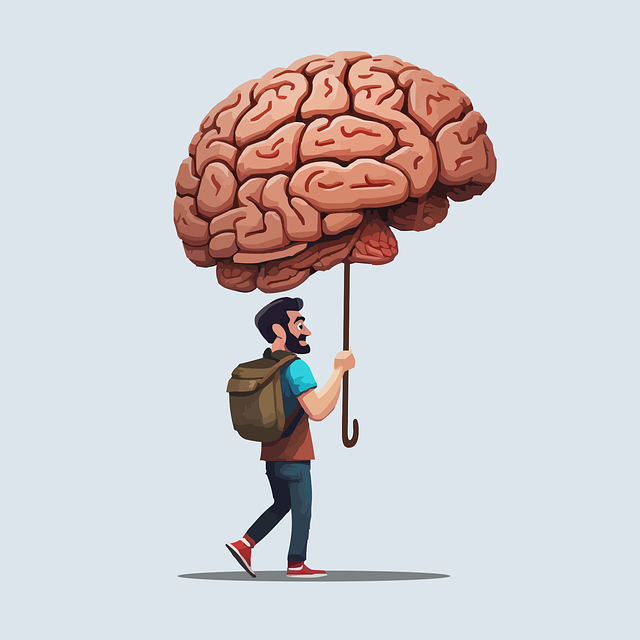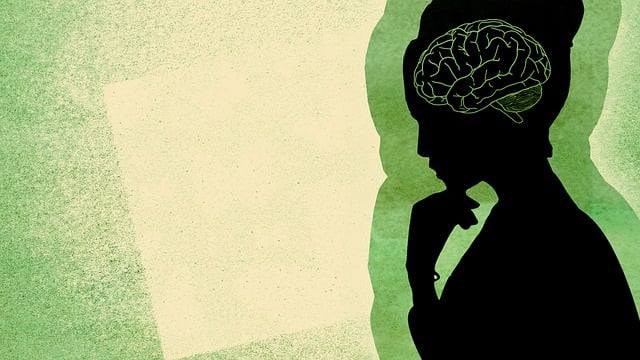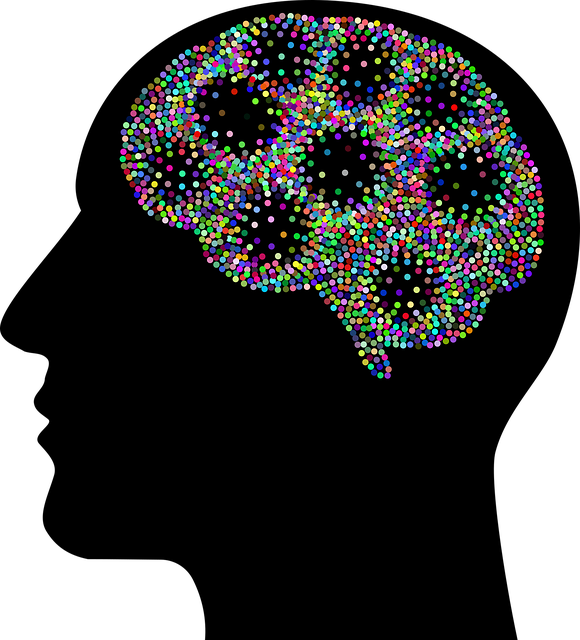Mental health diagnosis in elderly individuals faces challenges due to comorbidities and non-traditional symptoms. Somatic Experiencing (SE) therapy offers a promising approach by focusing on trauma resolution and stress management through bodily connection to emotions, improving resilience and emotional healing. This method enhances the identification of mental health issues in elders, enabling tailored interventions. Integrating SE with traditional assessments improves diagnostic accuracy, leverages diverse perspectives for holistic understanding, reduces stigma, and promotes personalized care using evidence-based methods. Continuous education focusing on innovative practices like Somatic Experiencing for healthcare professionals is crucial to achieve exceptional, tailored care for elders.
Mental illness diagnosis accuracy among elderly populations remains a significant challenge. This article explores strategies aimed at enhancing diagnostic precision, focusing on somatic experiencing therapy – a therapeutic approach tailored for elders. We delve into integrated assessment methods combining traditional and alternative techniques. Additionally, we highlight the critical role of interprofessional collaboration and continuous education in healthcare professional development. By addressing these aspects, we aim to improve mental health care for our aging demographic.
- Understanding Mental Health Diagnosis Challenges in Elderly Populations
- The Role of Somatic Experiencing Therapy in Accurate Diagnosis
- Integrating Traditional and Alternative Assessment Methods
- Enhancing Interprofessional Collaboration for Better Care
- Continuous Education and Training for Healthcare Professionals
Understanding Mental Health Diagnosis Challenges in Elderly Populations

Mental health diagnosis among the elderly presents unique challenges due to several factors. As people age, they often experience complex interactions between physical and mental health conditions, known as comorbidities. This can make it difficult for healthcare professionals to distinguish between age-related cognitive decline and symptoms of psychiatric disorders such as depression or anxiety. Furthermore, the elderly population may exhibit non-traditional signs and symptoms, which can further complicate diagnosis. For instance, what appears to be physical pain could be a manifestation of emotional distress, highlighting the need for comprehensive assessments that consider both physiological and psychological aspects.
One effective approach in addressing these challenges is integrating therapy techniques like Somatic Experiencing (SE) into mental health care for elders. SE focuses on resolving trauma and stress reactions by helping individuals connect their body’s responses to emotional experiences. By fostering resilience building and burnout prevention, this therapy supports the emotional healing processes crucial for accurate diagnosis and overall well-being in the elderly. Additionally, promoting these resilience building and emotional healing processes can contribute to better identification of mental health issues, ensuring timely interventions tailored to the unique needs of older adults.
The Role of Somatic Experiencing Therapy in Accurate Diagnosis

Somatic Experiencing Therapy (SET) is emerging as a valuable tool in enhancing the accuracy of mental illness diagnoses, particularly for elders. This therapy focuses on the profound connection between the mind and body, recognizing that emotional and psychological issues often manifest physically. By addressing these somatically held traumas and stresses, SET aids in revealing underlying mental health conditions that may have been previously overlooked or misdiagnosed.
For older adults, whose bodies often carry the weight of life experiences, SET offers a unique approach to healing. It prioritizes the development of inner strength and promotes stress reduction methods, which are crucial components in improving diagnostic accuracy. This therapy encourages individuals to explore their bodily sensations and responses, providing insights into their mental health state. Integrating SET into mental health policy analysis and advocacy can significantly contribute to personalized care plans, ensuring that elders receive more precise diagnoses and effective treatments tailored to their specific needs.
Integrating Traditional and Alternative Assessment Methods

In efforts to enhance mental illness diagnosis accuracy, there’s a growing trend towards integrating traditional assessment methods with alternative approaches. This combined strategy leverages the strengths of both established techniques and emerging practices. For instance, while clinical interviews and standardized tests remain cornerstones in diagnosing mental health conditions, incorporating tools like Somatic Experiencing (SE) offers valuable insights into an individual’s physical and emotional responses. SE, a therapy for elders focused on resolving traumatic memories, can complement conventional assessments by uncovering unexpressed or unconscious conflicts that may be impacting a person’s mental well-being.
Moreover, integrating alternative assessment methods like Conflict Resolution Techniques and Emotional Intelligence evaluations can deepen the understanding of patients’ interpersonal dynamics and emotional processing abilities. Empathy Building Strategies, when used alongside traditional diagnostics, foster stronger patient-therapist relationships, enabling more nuanced interpretations of symptoms. This holistic approach not only improves diagnostic accuracy but also paves the way for more personalized treatment plans, catering to diverse mental health needs.
Enhancing Interprofessional Collaboration for Better Care

In today’s complex healthcare landscape, enhancing interprofessional collaboration is a crucial strategy for improving mental illness diagnosis accuracy, especially in elderly populations. By fostering open communication between primary care providers, psychiatrists, psychologists, and other specialists, we can achieve a more holistic understanding of an individual’s health. For elders, this collaborative approach can be life-changing, as it enables the integration of diverse perspectives on their symptoms. For instance, therapy for elders incorporating somatic experiencing can help them process traumatic memories while also addressing physical complaints, thereby enhancing emotional regulation and stress reduction methods.
Reducing the mental illness stigma is another significant aspect of this collaboration. Healthcare professionals from various disciplines must work together to dispel myths and promote understanding, ensuring that elders feel supported and encouraged to seek help without fear of judgment. This coordinated effort can significantly impact improving access to effective treatments, such as somatic therapy, which has shown promise in managing complex mental health conditions while mitigating the adverse effects often associated with traditional pharmacological interventions.
Continuous Education and Training for Healthcare Professionals

Mental illness diagnosis accuracy can be significantly enhanced through continuous education and training programs tailored for healthcare professionals. These initiatives focus on integrating innovative practices like Somatic Experiencing, a therapy for elders that emphasizes the mind-body connection. By equipping healthcare providers with advanced skills in cultural competency training, they become more attuned to subtle cues and diverse presentations of mental illness across different demographics.
Additionally, these educational efforts address Mental Illness Stigma Reduction Efforts and promote evidence-based Stress Reduction Methods. Such comprehensive training enables healthcare professionals to foster empathetic relationships with patients, leading to improved communication and more precise diagnoses. Ultimately, continuous education empowers them to deliver exceptional care tailored to each individual’s unique needs.
Mental illness diagnosis in elderly populations requires a multifaceted approach. By integrating traditional assessment methods with innovative techniques like Somatic Experiencing Therapy, healthcare professionals can improve accuracy and care. Enhancing interprofessional collaboration through continuous education ensures a holistic understanding of complex mental health issues in the elderly. This combined effort promises better outcomes for this vulnerable group, highlighting the significance of both established practices and alternative therapies such as Somatic Experiencing for elders’ well-being.
